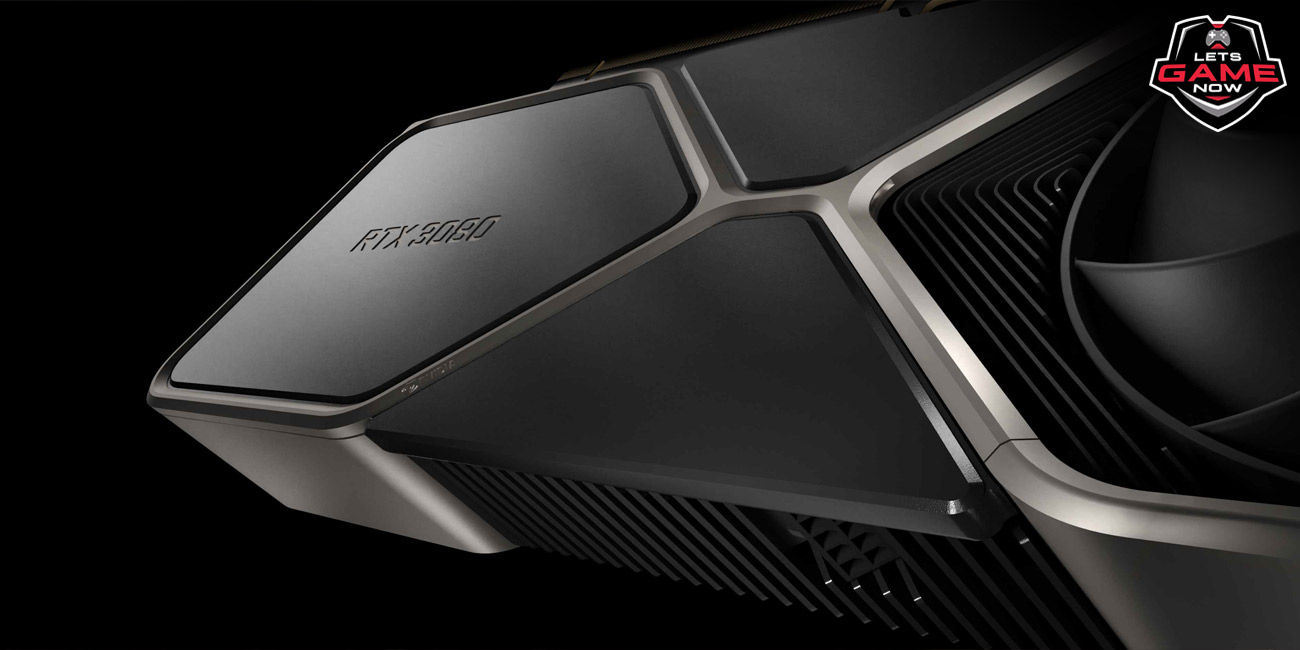


Noushin
Sep, 01.2022
According to the most up-to-date recent data from an analysis group, revenues of graphics cards declined significantly in Q2 for both discrete (standalone) GPUs and integrated ones (embedded into CPUs). Nvidia's line-up suffered a notably hard hit. According to data from Jon Peddie Research (JPR) for Q2 2022, which is reported by Tom's Hardware, total GPU sales decreased by 14.9% from the prior quarter as a result of waning PC demand, which is likely beginning to be more significantly influenced by growing living costs.
Consignments of independent graphics cards decreased by 22.6% more than those of integrated ones, and Nvidia was the company most impacted, with a 25.7% decline in Q2 sales. This is in stark contrast to AMD, which had a far less significant decline of 7.6% from the prior quarter.
The number of processors shipped for PCs decreased by 7% over the course of the last quarter and by 34% over the course of the previous year, a startling statistic. Intel plunged by 9.8% as integrated GPUs also declined.
These are several unsettling drops, especially for Nvidia, and the overall outlook for the GPU industry appears bleak, according to JPR, who writes: “Global events such as the continued war in Ukraine, Russia’s manipulation of gas supplies to Western Europe, and the subsequent nervousness those events create have put a dampener on Europe’s economy; the UK is in recession with high inflation". "Forecasting has never been more challenging, and as a result, our forecast and others’ will get revised frequently as new data appears.”
Sales of graphics cards are down, which confirms what we've been reading for a while: softer demand, especially for Nvidia's GPUs, is the problem right now, not a shortage of supply. After the company's most recent financial results, Team Green made it very plain that several GeForce graphics cards had been produced so there was now an issue with excess supply.
The very challenging aspect of this overfilling with the production of current-generation RTX 3000 GPUs is that living costs and the inflationary issue is becoming more acutely felt over time, and the release of next-generation graphics cards (RTX 4000 and RDNA 3 for AMD) is rapidly approaching. People are therefore more likely to desire to wait for the significant performance improvements that next-generation devices provide than to purchase right now unless the price is very favorable.
Considering all of this, these statistics, including the particularly sharp decline for Nvidia, aren't shocking. They also support a recent claim that Team Green will be taking even more drastic price cuts than those we've previously seen. Indeed, according to two sources, this is a move that will happen soon—in September.
The difference between both current and next-gen GPUs is rapidly closing, creating an uncomfortable environment with very little room for movement. Although AMD is also rumored to be significantly undervaluing its current-gen RX 6000 cards, it is Nvidia in particular that is enduring the large sales declines as we see here.
Although Nvidia has stated that it may go elsewhere to unload the GPU surplus, such as data centers for cloud services, the fact is that we should expect to see some significant GPU price reduction for cards in stores in the near future, regardless of the theory.
As per the most recent study from JPR, it only appears more probable that Nvidia will move on the pricing front. Alternatively, the company might be forced to delay the debut of the next-generation Lovelace, which is another option. To give additional breathing room to get rid of surplus RTX 3000 stocks, a staggered launch with larger gaps between the RTX 4090 (allegedly out of the gate first) and subsequent RTX 4000 models may occur, maybe in conjunction with price reductions for the latter.
With each passing year until 2022, it seems more and more likely that Nvidia will need to take more steps to help users navigate the increasingly choppy GPU waters.